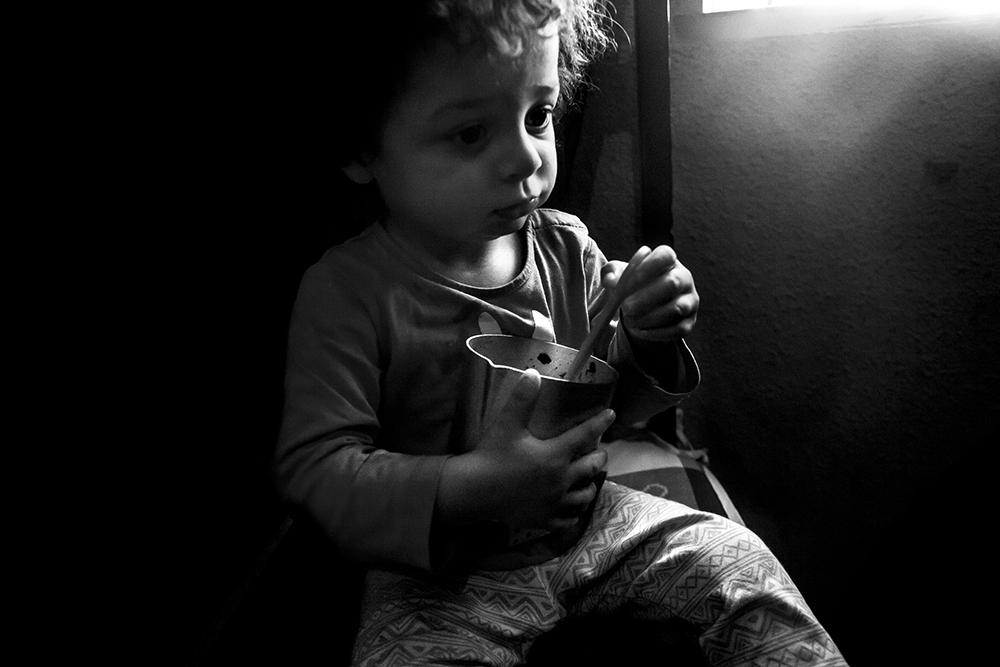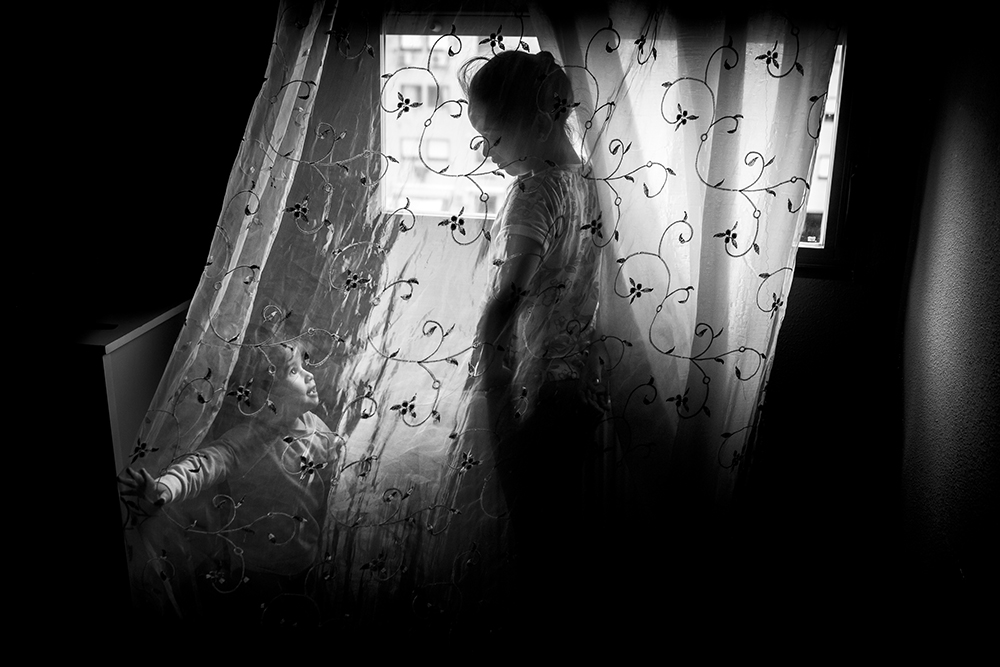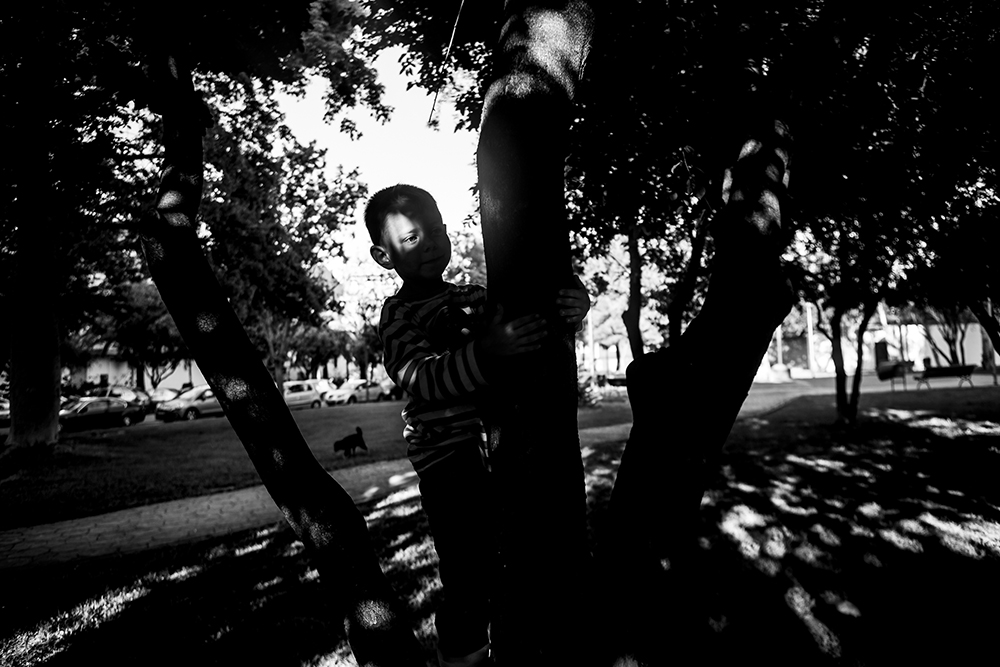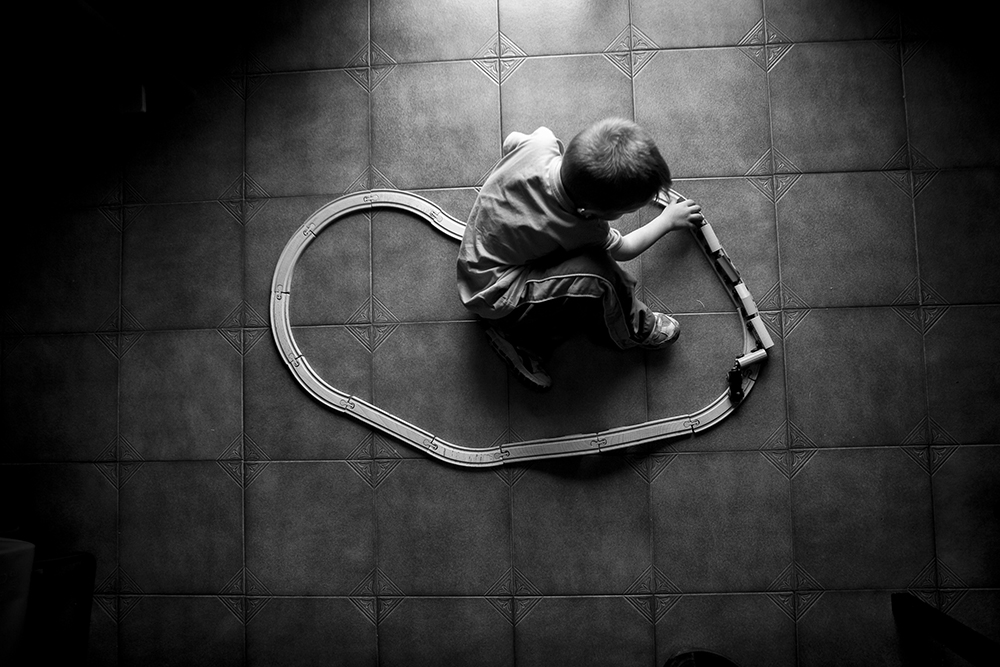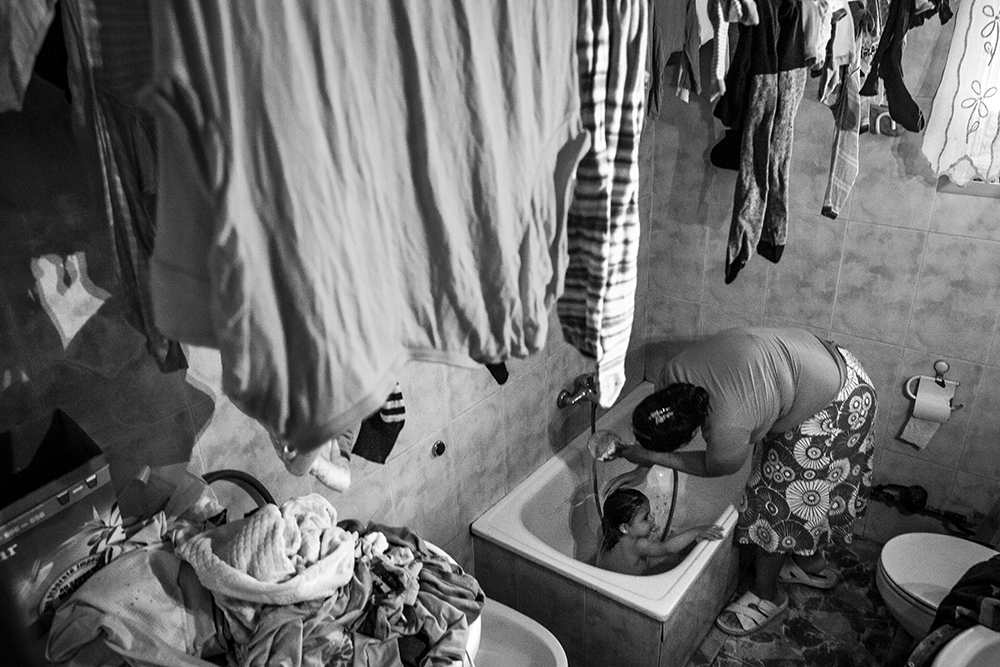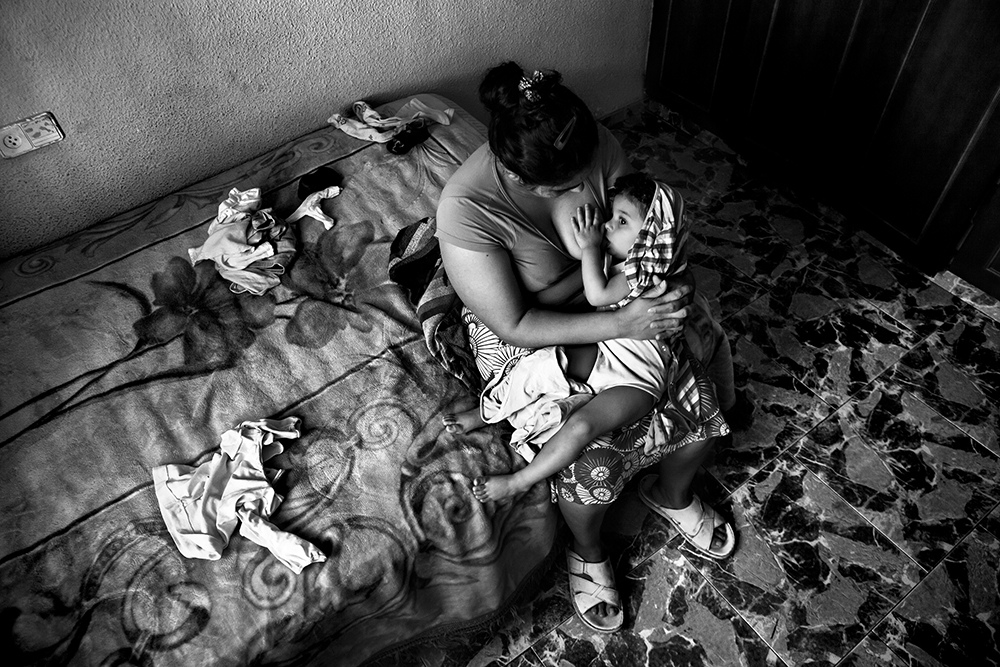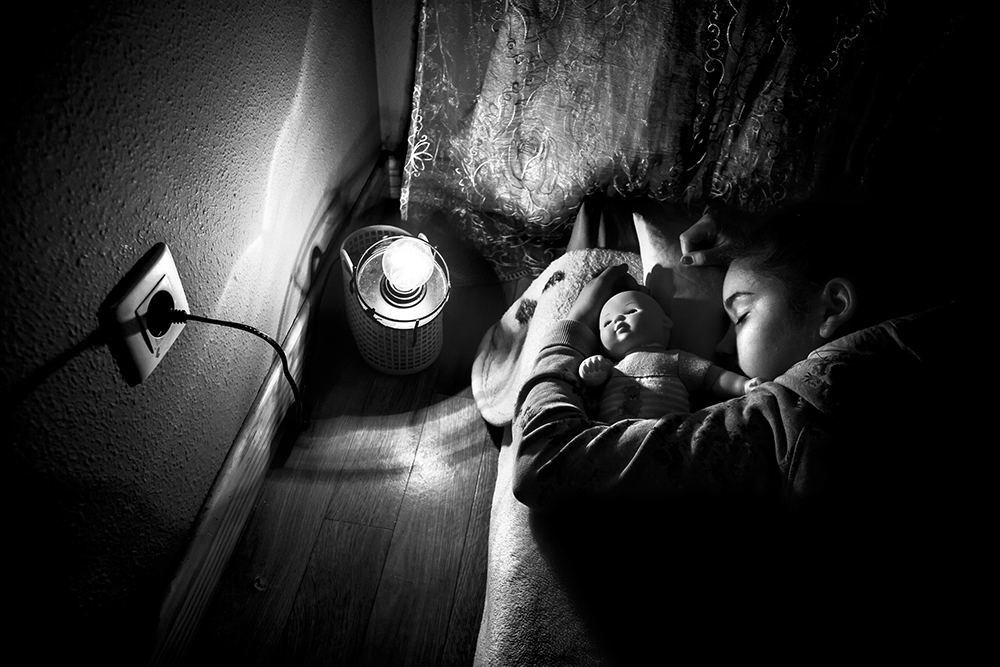Child poverty in Spain
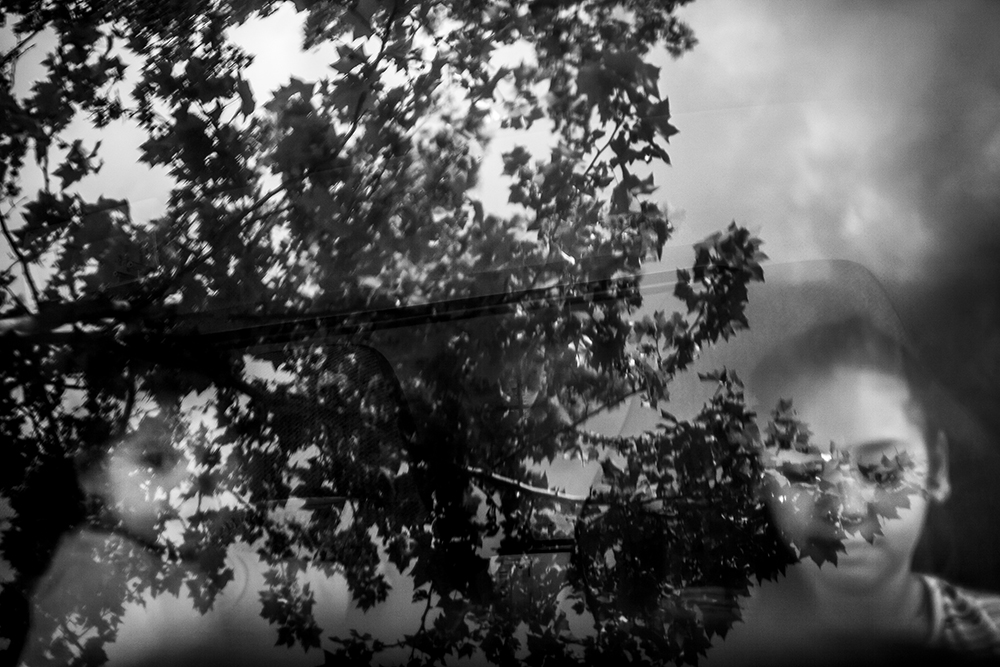
-
PhotographerMingo Venero
Poverty in developed economies is difficult to measure and see. Poverty is not just going hungry in the strict sense. Being poor is something that goes beyond income, has many faces, many nuances: is to go hungry, but also eat little and bad. It is not having a roof on which to shelter or that they can take it away without warning. To be poor is to be sick and unable to pay for medical treatment. It is to buy some glasses to your son and not to make ends meet. Being poor is not having textbooks. It is not having a job, or having two poorly paid. Poverty is having to struggle every day to live worthily, it is impotence, have no voice, or that it is worth less. Poverty is when others decide for you, is not to choose, to live in permanent insecurity. Poverty often lives in society in a silent way, a reality that is hidden, denied and even questioned in the face of the difficulty of measuring its impact or placing it in space. Speaking of poverty often seems taboo. Society does not see or want to see. In Spain, the number of vulnerable families continues growing and childhood is the one that most suffers from these circumstances. Due mainly to the economic crisis of the last years the risk of poverty, as it is commonly denominated, has grown. Currently, according to data from the National Statistics Institute (INE), the risk of poverty or social exclusion in Spain amounts to 28.6% (in 2008 was 23.8%). Being much greater for the population of children under 16 years old, where the risk of poverty or social exclusion rises to 33.4% of the population. 16% of the children live in households with incomes of less than 9,000 euros per year for the whole family (2 adults and 2 children). In just one year, from 2014 to 2015, the number of children in severe poverty increased by 80,000, reaching 1,388,474 children. All indicators show that one in three children in Spain - and also in Europe - is at risk of poverty. Very strong figures, but unfortunately unable to put a face to this situation. Households with difficulties in dealing with unforeseen expenses, with delays in the payment of housing receipts, which can not keep households at an adequate temperature during the cold months or who can not guarantee adequate food for their children. The feeling that in Spain is emerging from the crisis is transformed into a mirage. Despite the improvement of certain macroeconomic indicators, Spanish households continue to lose purchasing power and the poor are getting poorer. Commissioned by Save The Children
